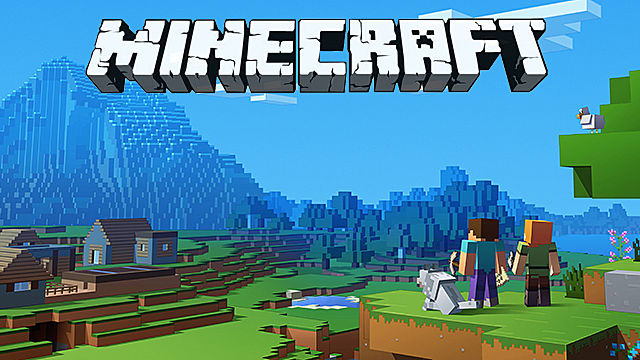Why We Game: Part 1
Why we play games; Experiencing the impossible.
By Josiah Sapp
I find it interesting to step back and to not only observe the world around me but to also ask why the world is the way it is. What compels people to do what they do? What are all the ways we communicate with each other? Why are cultural norms different across countries? It’s fun and enlightening to ask big questions but the answers aren’t always what they first appear to be. This post starts a three week journey into one of those big questions. Why do we play games? The answer to that question is varied and broad. It depends on all manner of factors including age, race, culture, lifestyle, and gender to name a few. In recent years, researchers have found that there’s a lot that goes on in our brains when we play video games.
In a brief description, gaming is a form of entertainment. A type of media that people pay for and consume much like movies, music, tv shows, books and comics. Each of these has an entertainment value attached to them and provide a time of engagement for our brains. Studies have shown that our brains can undergo changes when exposed to the world of gaming. People often sum up gaming as an “escape” from reality and some gamers absolutely use it as such but it's more than that to most gamers. Games provide a real sense of accomplishment and gives us the chance to experience situations that we would never otherwise experience. Impossible scenarios playing out right in front of you where your actions matter.
Fortnite is a game that I recently wrote about and criticized for being an unfinished title. That still is true but new life has been breathed into it with the addition of a battle royale mode. One hundred players dropped on a single island where it’s kill or be killed while a deadly cloud pushes everyone to the center and the last man standing is the victor. It’s intense but playful. Dramatic but colorful. It’s got all things I like about arcade shooters with a Hunger Games twist. A few of my family members were entertained watching me play because it get’s really intense and it’s fun to watch scenarios play out. My wife, in particular, was so enthralled with it that she gave it a shot herself! This is a big deal because she’s not a gamer but she’s a fan of the Hunger Games novels and films. Fortnite gave her an opportunity to live out moments in a franchise that would be impossible to experience for herself.
Another type of impossible scenario that can play out in games is the opportunity to be limitlessly creative. Minecraft has opened the door to so many amazing creations. From scale models of Star Trek’s SS Enterprise to actually programming the entirety of Nintendo’s hit game Pokemon Red & Blue. Mojang tapped into people’s creative side and said “go nuts.” When I first got the game, I didn’t get it. I was aimless and overwhelmed with how vast the world was. My friend kept telling me that the game is “as much fun as you put into it” and that’s absolutely true. It is only limited by what you can think of. There are extended periods of time where I don’t play it at all because I’m not particularly inspired but there are times where I can’t stop playing. Now ask yourself, what other game (or entertainment) provides that kind of opportunity? Minecraft is even being used as a teaching tool in schools because of its limitless nature.
Gaming as an industry is still fairly new. There are many problems and speed bumps yet to be resolved or even experienced. Researchers, critics and developers are all still trying to figure this thing out but it appears they’re all coming to a similar conclusion. Video games have more to offer than just entertainment. There are lessons and tools that are yet to be discovered. People tend to value time with games over time in movies or tv shows. There are more opportunities for attachment to specific characters in games than any other medium. Everyone can relate a little bit to every character they see on screen or in a book. That’s what makes it fun but how much do we see ourselves in video game characters? That’s what I hope to answer in next week’s post.





Comments
Post a Comment